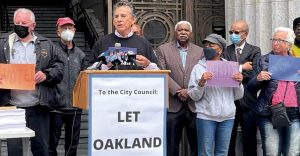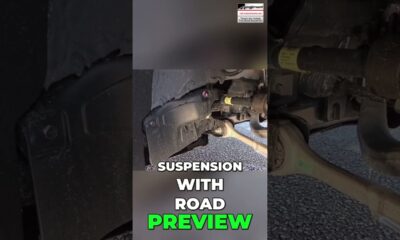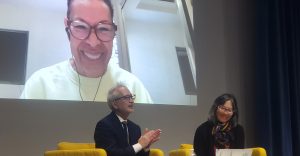Antonio Ray Harvey
Toks Omishakin, Transportation Secretary Nominee, Moves Up to Cabinet Level
Omishakin, 44, makes history as the first African American to serve in that Cabinet-level position responsible for overseeing all state agencies that regulate and support transportation and administer services related to the sector.
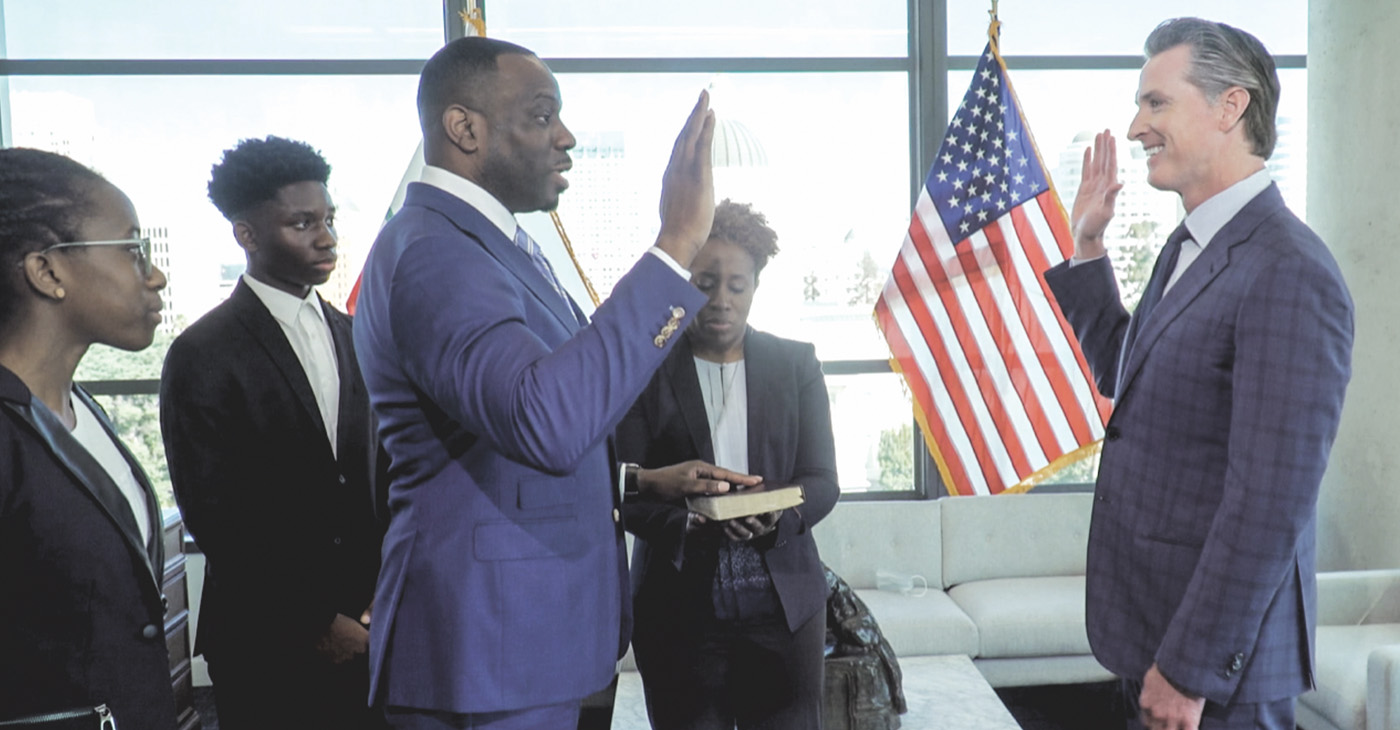
Activism
Black Caucus Members Join Legislative Democrats to Condemn Fatal Shootings by Federal Agents
Lawmakers expressed concern and outrage over the killings of Alex Pretti, a Veterans Affairs ICU nurse, and Renee Nicole Good, a poet, writer, and mother of three. Sen. Laura Richardson (D–San Pedro) spoke on behalf of the CLBC, criticizing federal immigration enforcement practices and calling for accountability.
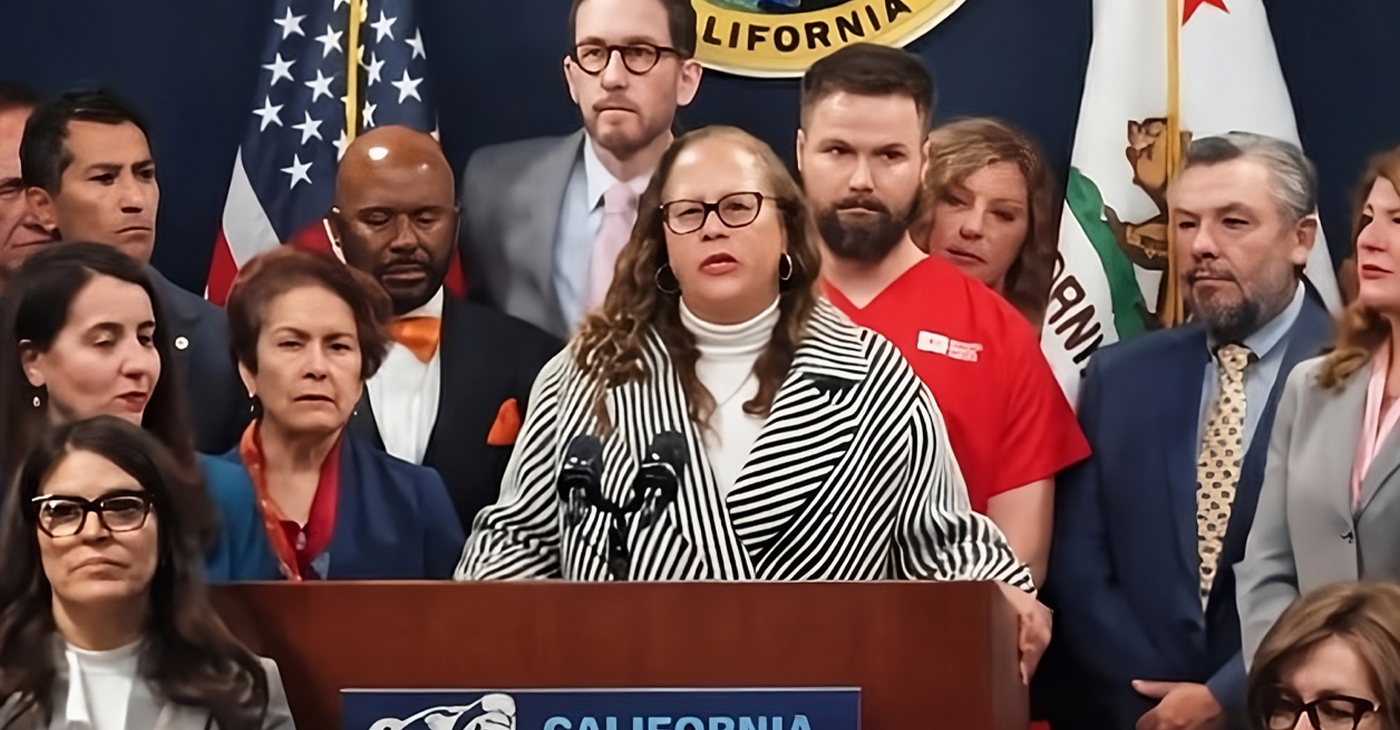
Activism
At Sac Summit, California African American Chamber of Commerce Shows Growing Clout; Lays Out Top Goals
With the theme “Driving Equity Through Economic Innovation,” discussions at the CAACC summit focused on the intersection of policy and commerce, aiming to widen access to California’s economic landscape for historically underfunded communities.
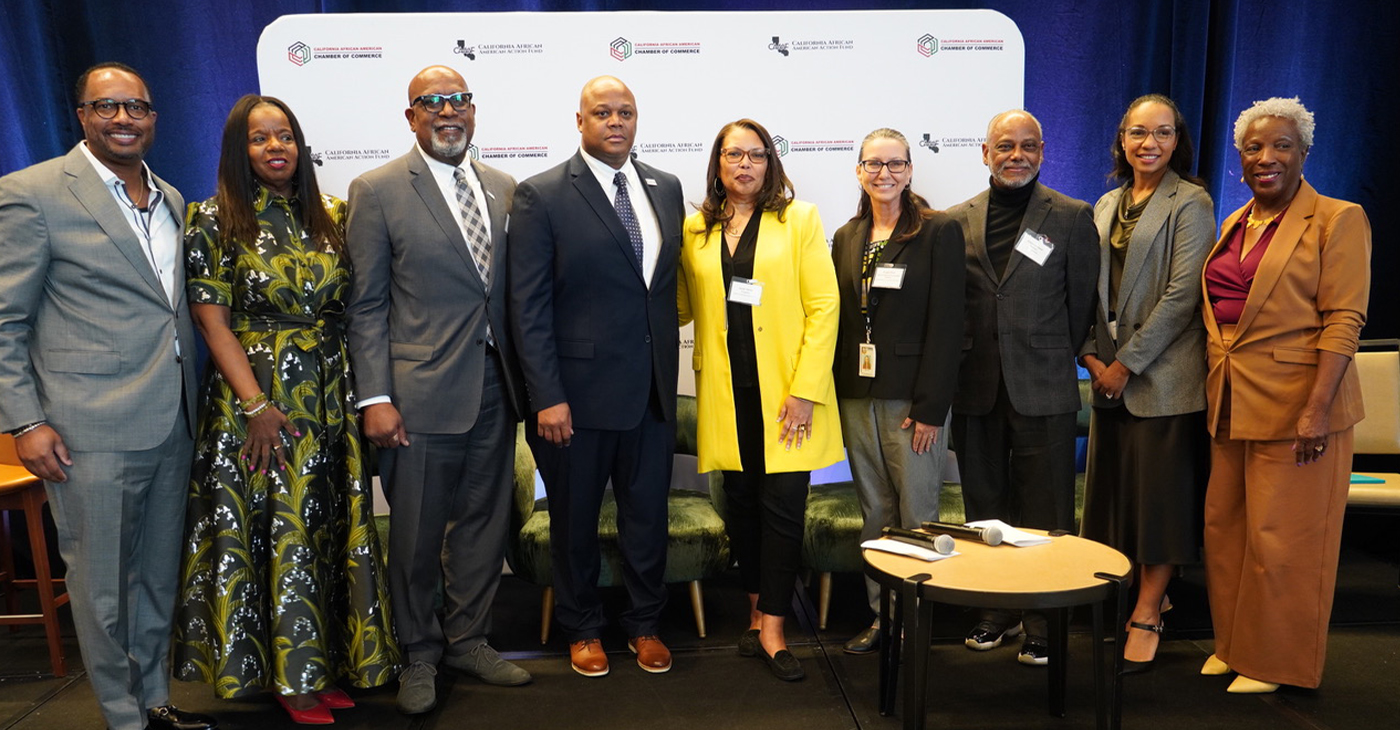
Antonio Ray Harvey
$96 Million Allocated So Far to Black-Owned Firms as High-Speed Rail Project Expands Jobs, Boost Local Economies
Sen. Lola Smallwood-Cuevas (D-Los Angeles), a member of the California Legislative Black Caucus (CLBC) and Chair of the Senate Committee on Labor, Public Employment and Retirement, says the rail project “is exactly the kind of investment” California needs.

-

 Activism4 weeks ago
Activism4 weeks agoLife Expectancy in Marin City, a Black Community, Is 15-17 Years Less than the Rest of Marin County
-

 Activism4 weeks ago
Activism4 weeks agoOakland Post: Week of January 28, 2025 – February 3, 2026
-

 Activism3 weeks ago
Activism3 weeks agoCommunity Celebrates Turner Group Construction Company as Collins Drive Becomes Turner Group Drive
-

 Business3 weeks ago
Business3 weeks agoCalifornia Launches Study on Mileage Tax to Potentially Replace Gas Tax as Republicans Push Back
-

 Activism3 weeks ago
Activism3 weeks agoDiscrimination in City Contracts
-

 Arts and Culture3 weeks ago
Arts and Culture3 weeks agoBook Review: Books on Black History and Black Life for Kids
-

 Activism4 weeks ago
Activism4 weeks agoMedi-Cal Cares for You and Your Baby Every Step of the Way
-

 Activism3 weeks ago
Activism3 weeks agoCOMMENTARY: The Biases We Don’t See — Preventing AI-Driven Inequality in Health Care

